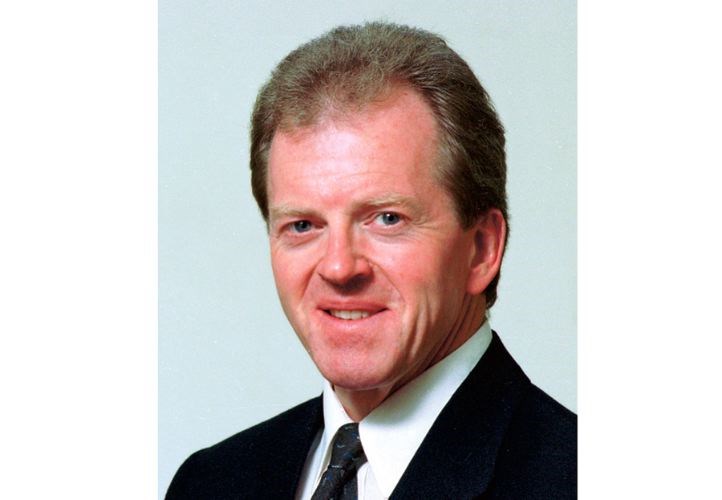VICTORIA -- One year after Finance Minister Mike de Jong tabled a budget balanced on the edge of a razor, he stood on the floor of the legislature Tuesday in a less precarious financial position.
Budget 2014, for the financial year ending March 31, is now reckoned to be comfortably in surplus, the current estimate of $879 million a six-fold improvement on the initial estimate.
The financial picture is so much better, the B.C. Liberals have postponed booking the sale of $137 million worth of government assets to the next financial year, there being no need of the revenue to sweeten the bottom line currently.
Plus there's a further $100 million held back in a forecast allowance, meaning the province could end the year almost a billion dollars into the black.
Some of the surplus revenue was a one-time windfall, not likely to be repeated. De Jong is projecting a smaller surplus in the year starting April 1.
Still, the prospect of hundreds of millions of dollars in the kitty for a budget year that is almost over had school trustees, social activists, nurses and others calling for the government to spend the surplus.
De Jong wasn't having any of it, leastways not on the program side. He ticketed the surplus to retire the debt accumulated from past years, when tax revenues fell short and the government had to borrow to pay for programs.
The "debt that pays for groceries," as de Jong calls it, will be reduced by about half over the next few years as the Liberals plow surplus after surplus into debt retirement.
But he will continue to accumulate the other kind of debt -- borrowing to pay for constructing schools, hospitals, roads, bridges, colleges, generating stations, transmission lines and other capital projects.
The three-year capital plan calls for almost $19 billion in spending, about 60 per cent of it borrowed, the rest financed from ongoing revenues.
The updated list includes a down payment -- $415 million worth of preliminary work -- for the recently approved hydroelectric dam at Site C on the Peace River.
There's a $53-million first installment for what is expected to be a toll bridge to replace the George Massey Tunnel. Cabinet approval for the estimated $2 billion to $3 billion project is expected to allow construction to proceed by the next provincial election.
The only big spending news on the program side was the announcement that the government was ending the clawback of child support payments for single parents on social assistance.
Full credit for that change goes to the New Democratic Party, which dramatized the issue in the 2014 legislature session with singular effectiveness.
They were less timely this week in criticizing the government for phasing out a higher tax bracket for folks with taxable incomes $150,000 and over.
The phase-out, as de Jong noted, is old news. He announced the higher bracket before the last election and promised it would only be in effect for two years.
The enabling legislation bringing in the higher rate, which started Jan. 1, 2014, and phasing it out on Dec. 31, 2015 was enacted in the postelection session of the legislature in July 2013.
The New Democrats, still in shock from their election loss, mounted only perfunctory opposition. Only one of their number, then finance critic Mike Farnworth, spoke during debate on the bill and then but briefly.
Far from criticizing the Liberals for phasing out the tax in two years, Farnworth mocked them for bringing in the tax increase on folks with incomes higher than $150,000 in the first place: "For four years the government was adamant that ... they would not be raising taxes. They would never raise taxes. There would be tax freezes."
If the New Democrats were opposed to the phase-out, that was the time to make the most of the protest. Instead they are seizing on the issue 18 months after the change was enacted.
More fertile ground on the tax front was offered by the budget news regarding the carbon tax. When enacted by the Liberals seven years ago, the tax was supposed to be revenue neutral, with the higher levy on gasoline and other fuels being offset by reductions in income and other taxes.
But according to the financial statements tabled with the budget, the tax is now revenue negative, bringing in about $400 million less every year than the value of the tax cuts.
With fuel prices down, there's an opening for the government to restore the principle of revenue neutrality, by raising the carbon tax (about two cents a litre should do it) and dedicating the revenue to transit and other green initiatives.
If enacted in a timely fashion, the shift might even eliminate the need for that divisive referendum on a regional sales tax to pay for transportation services in Metro Vancouver.



